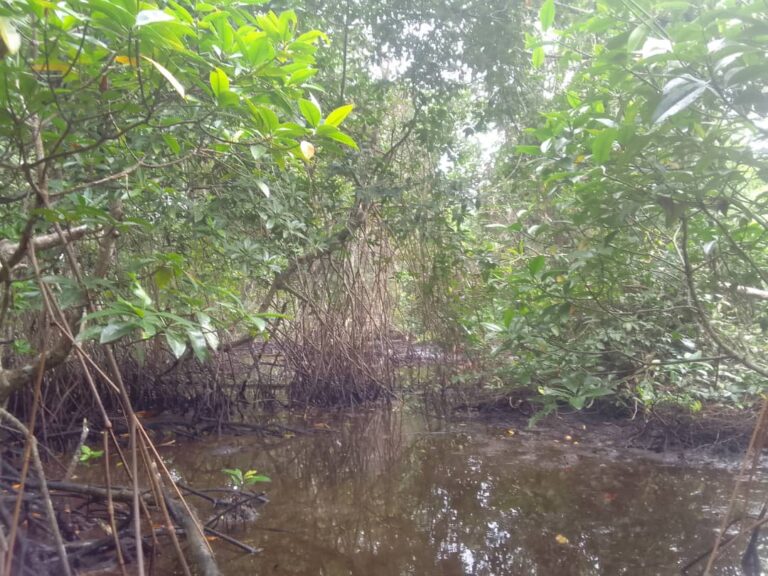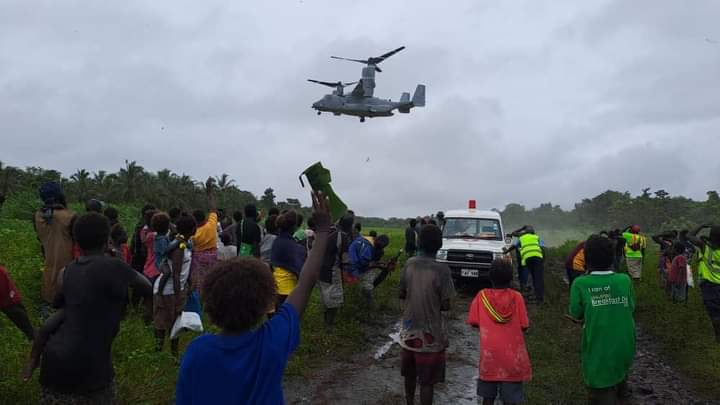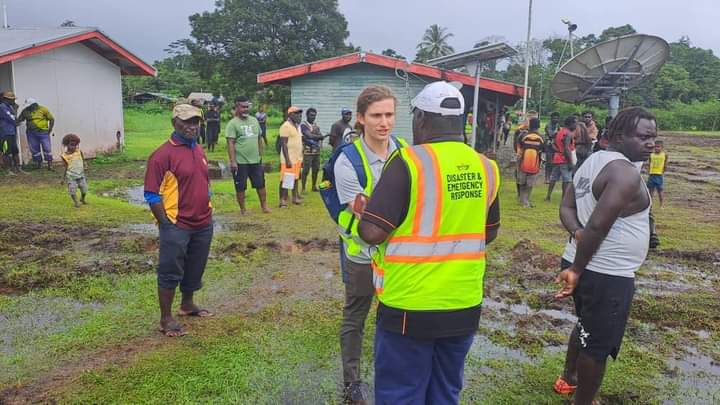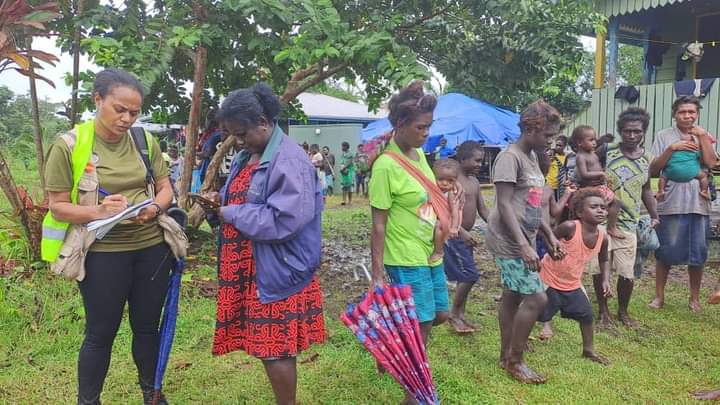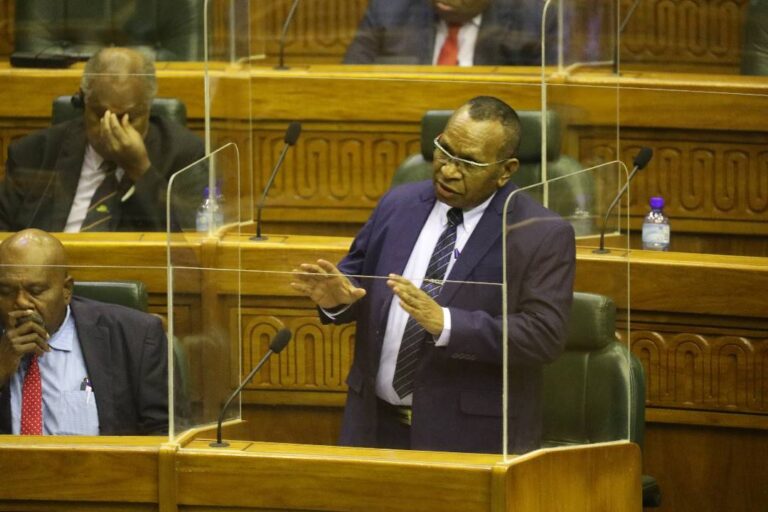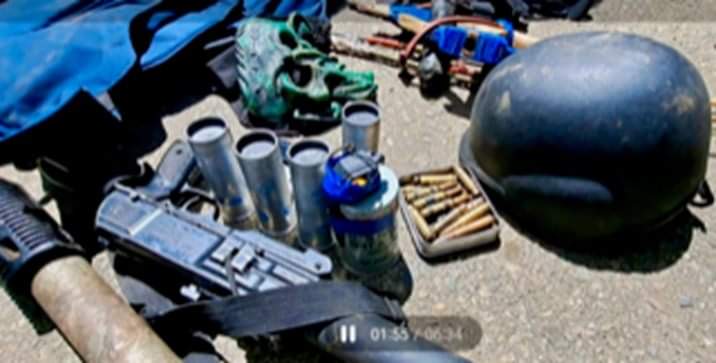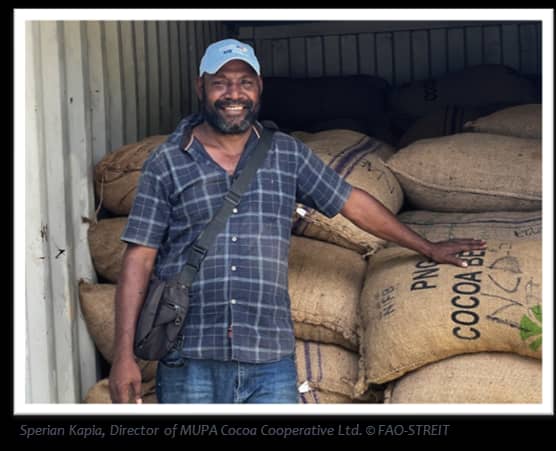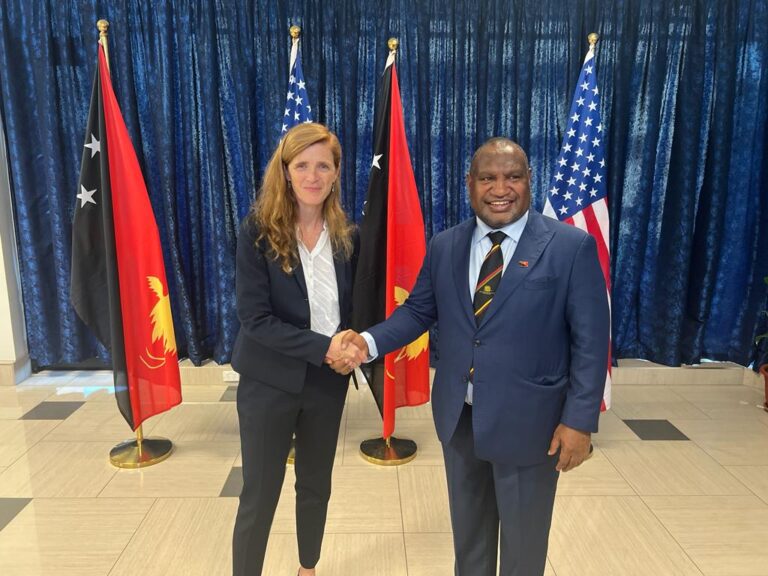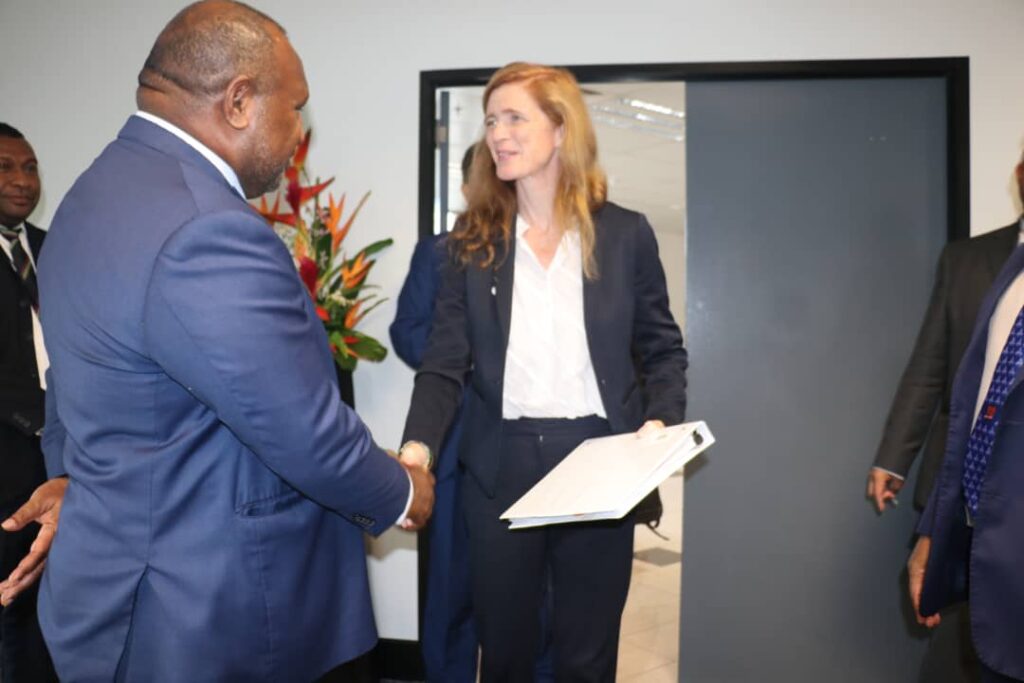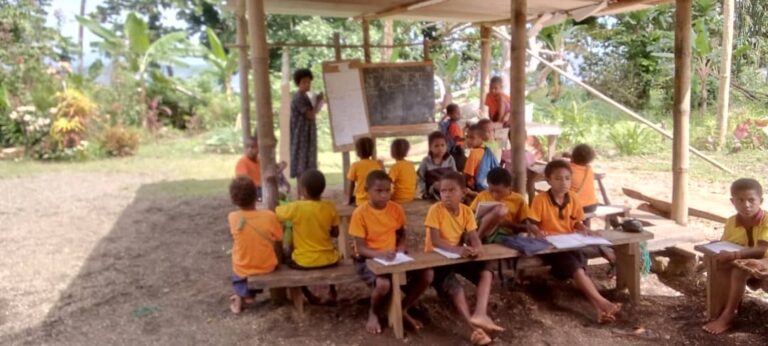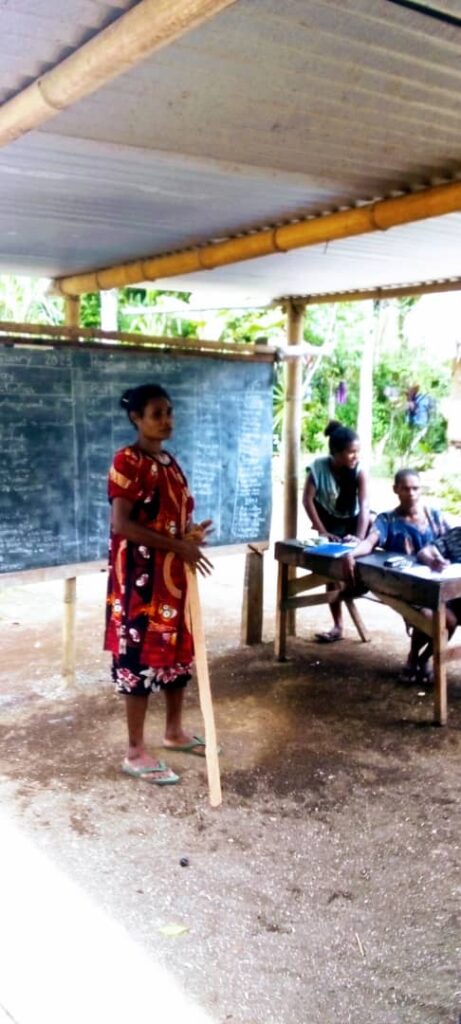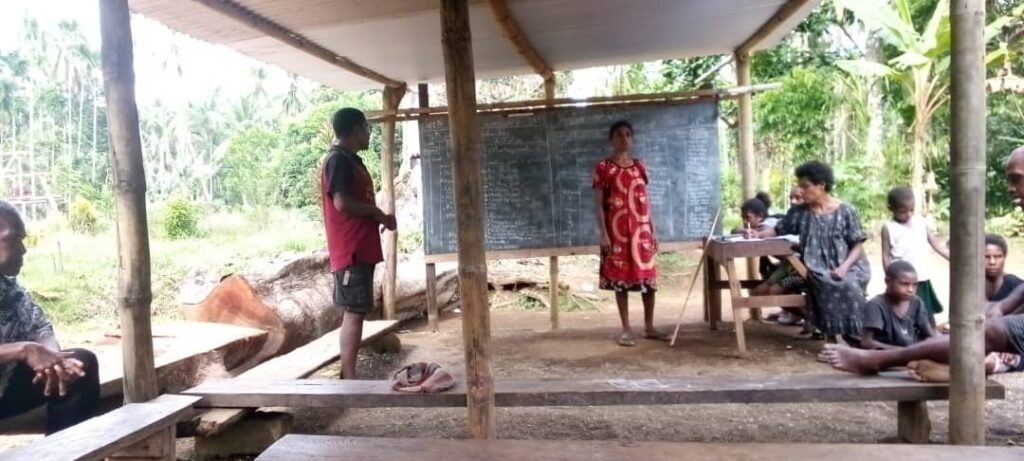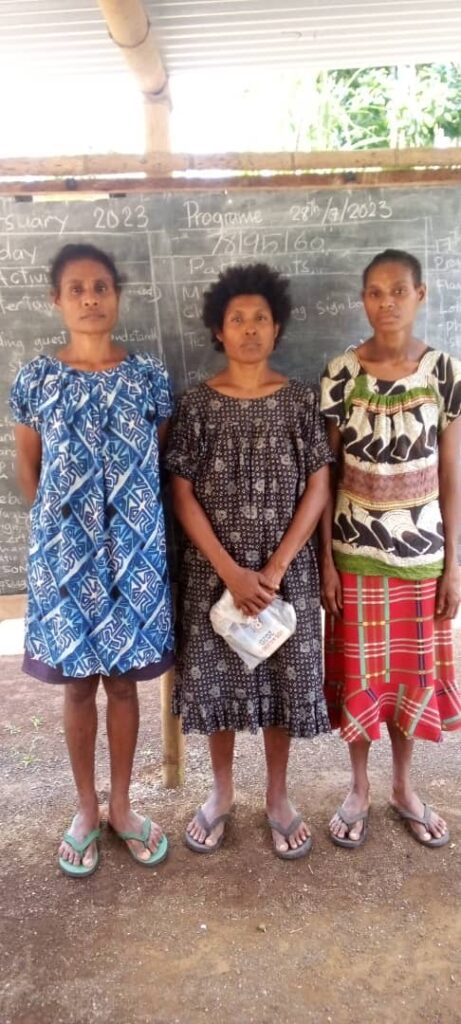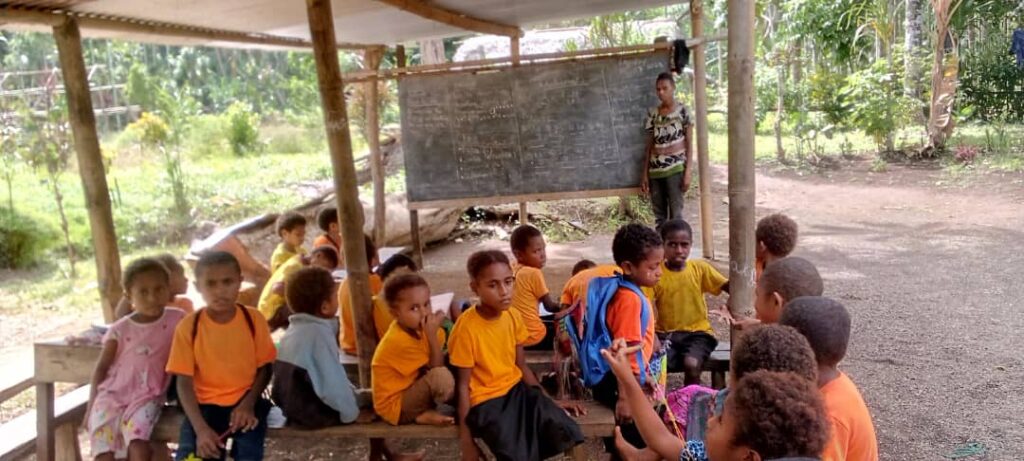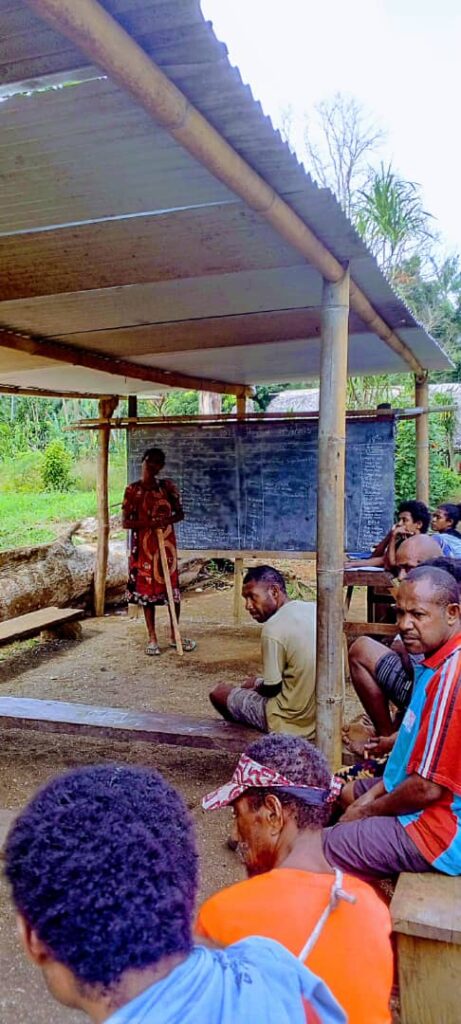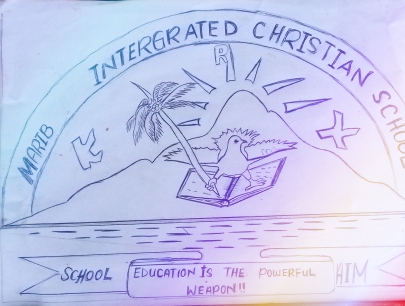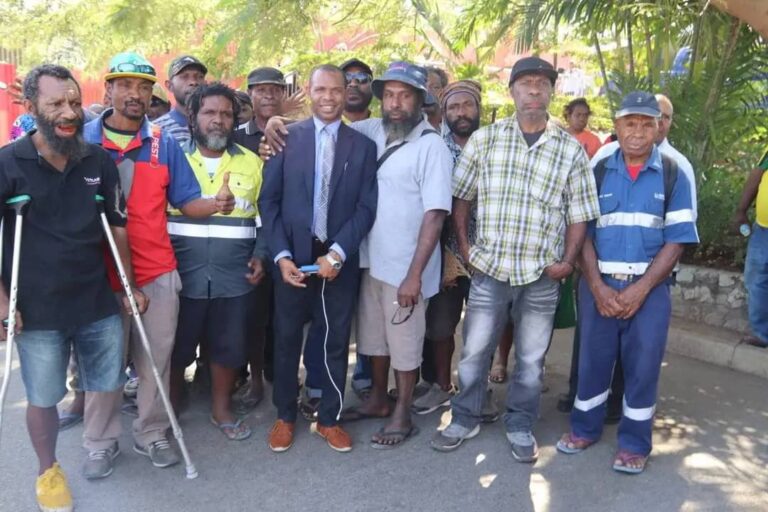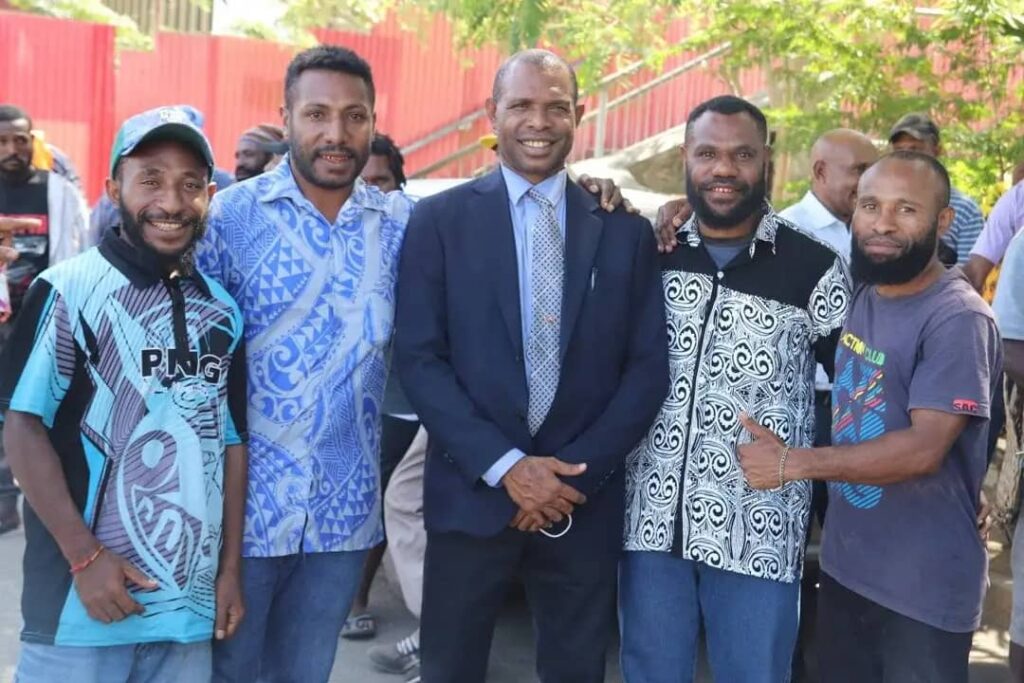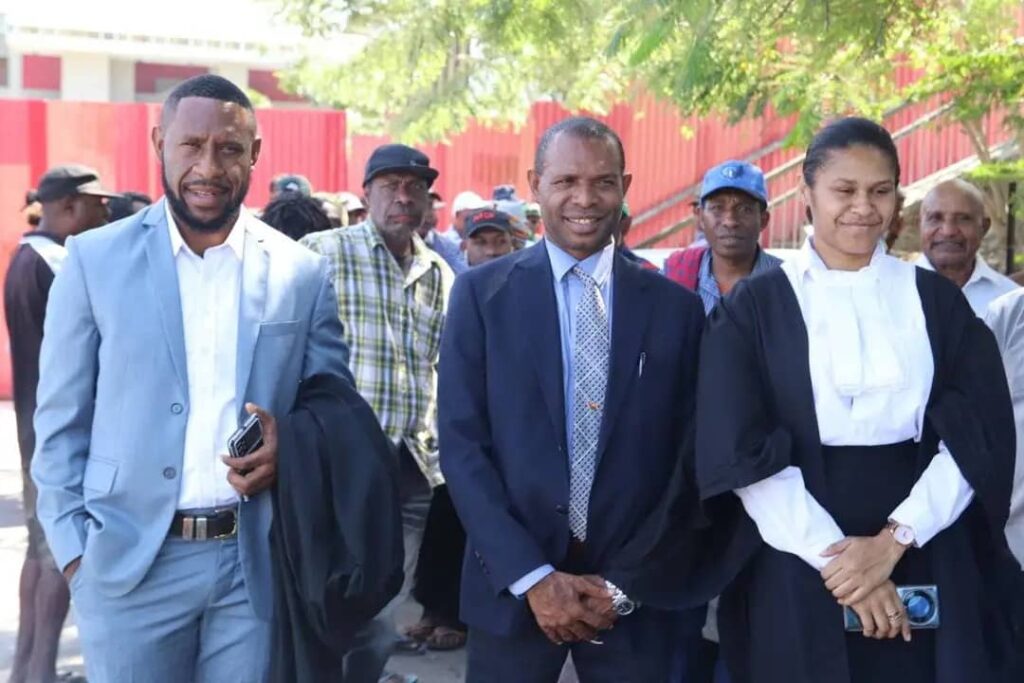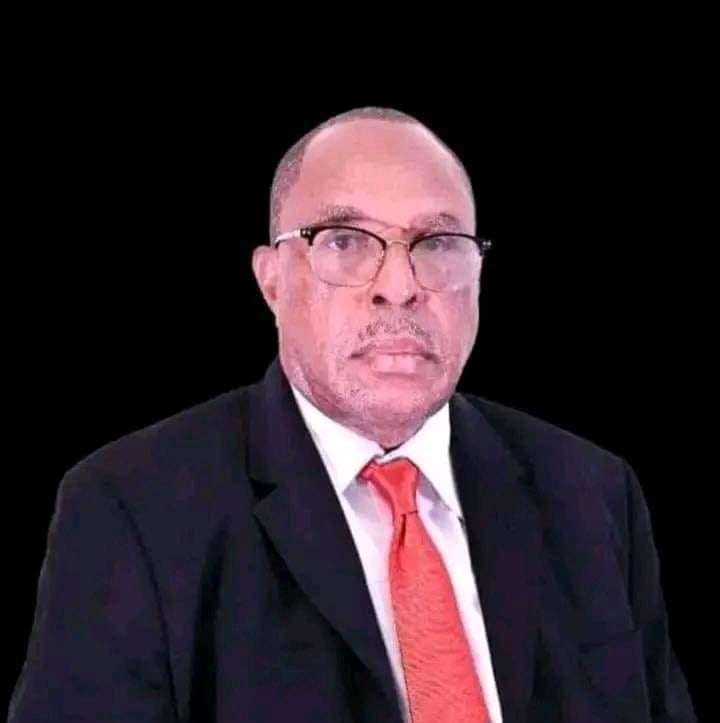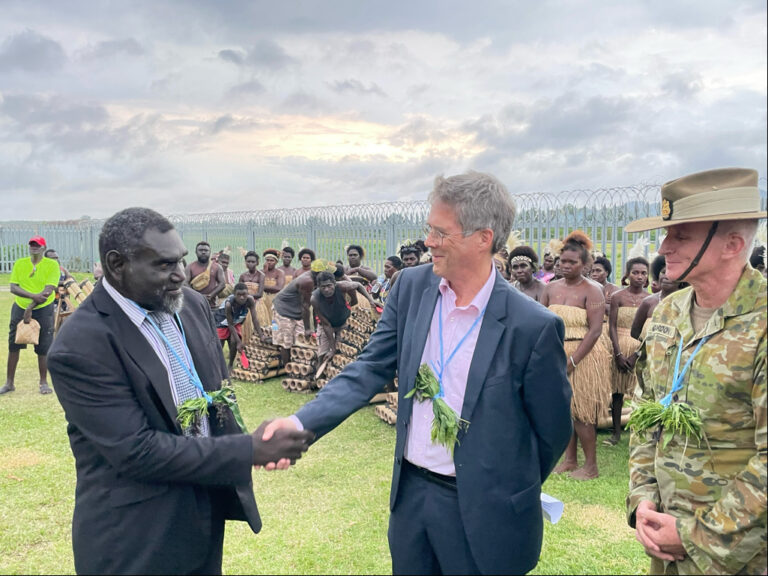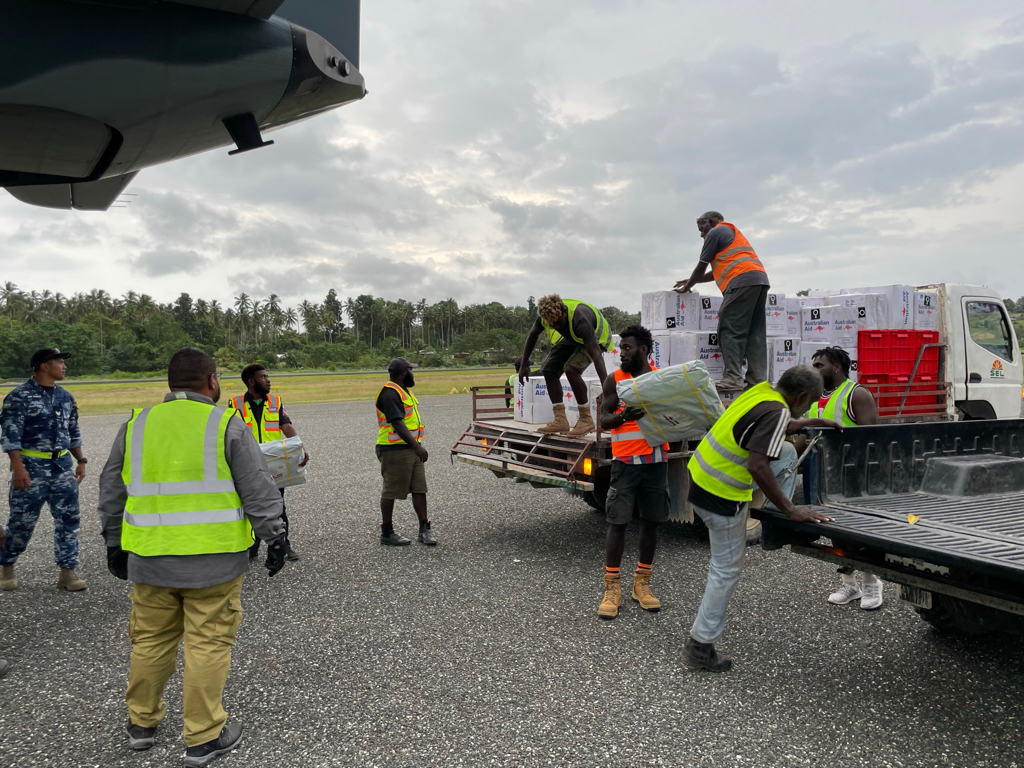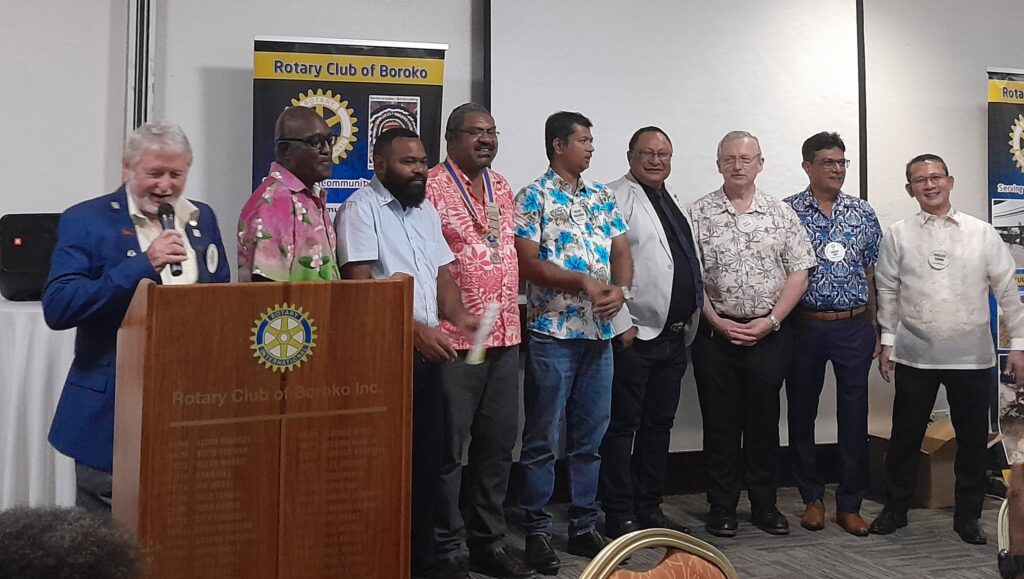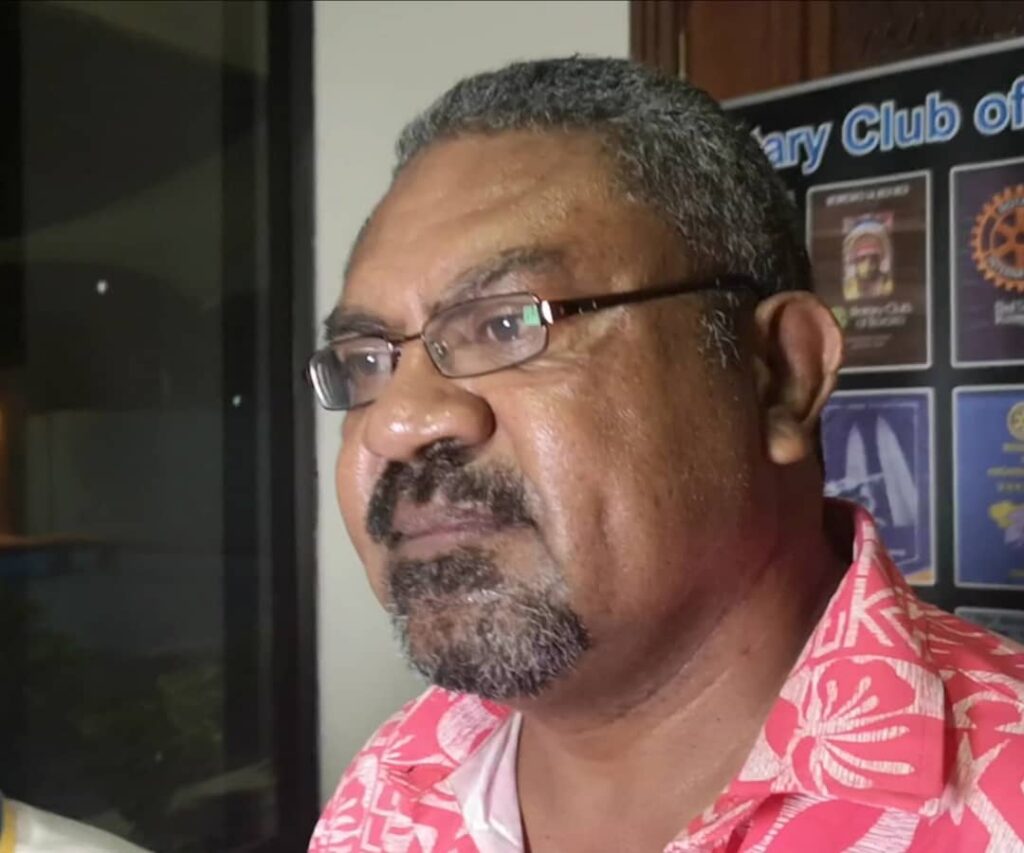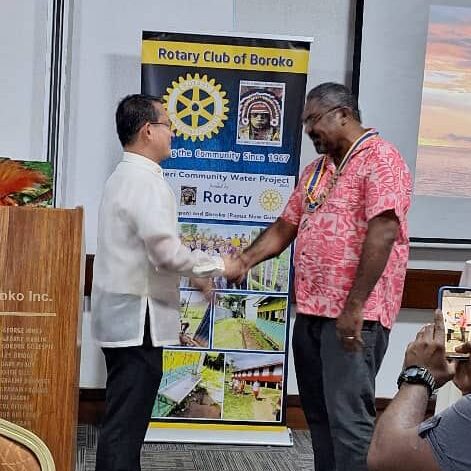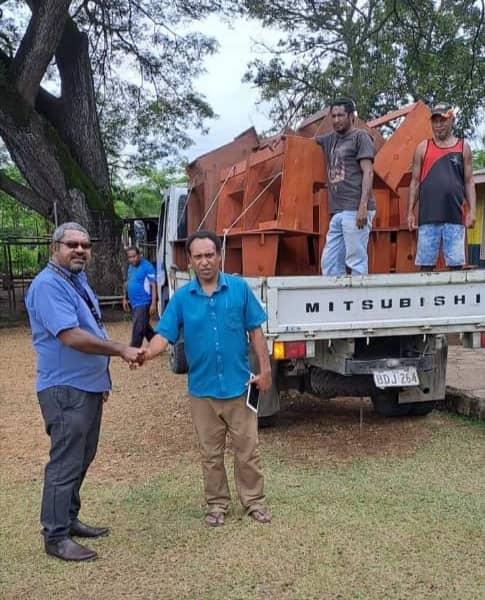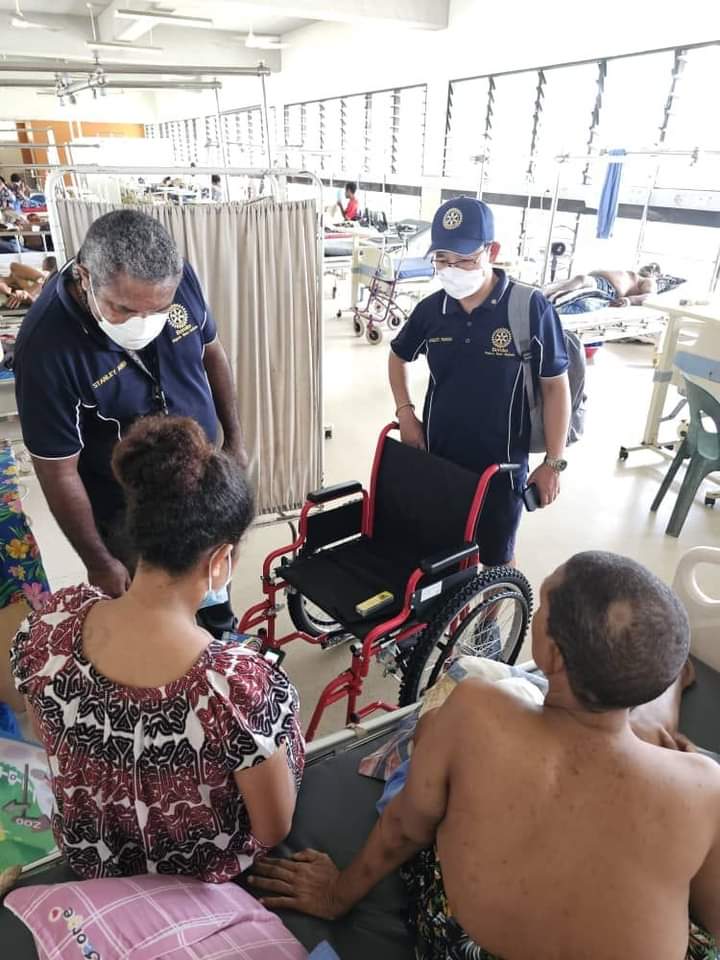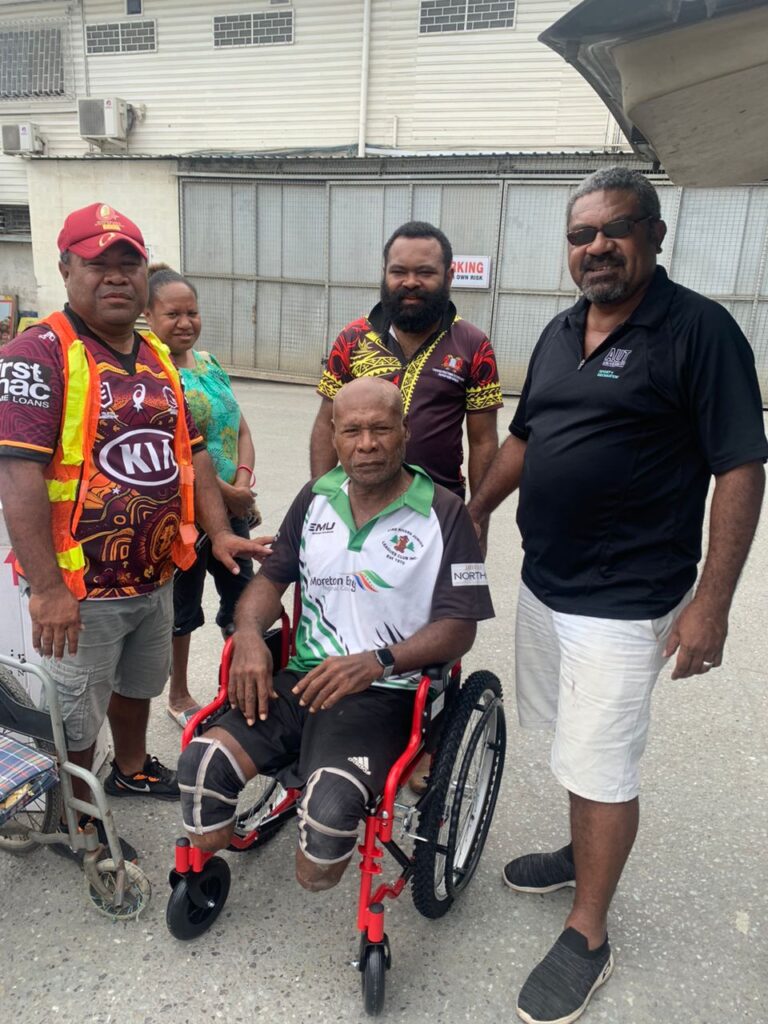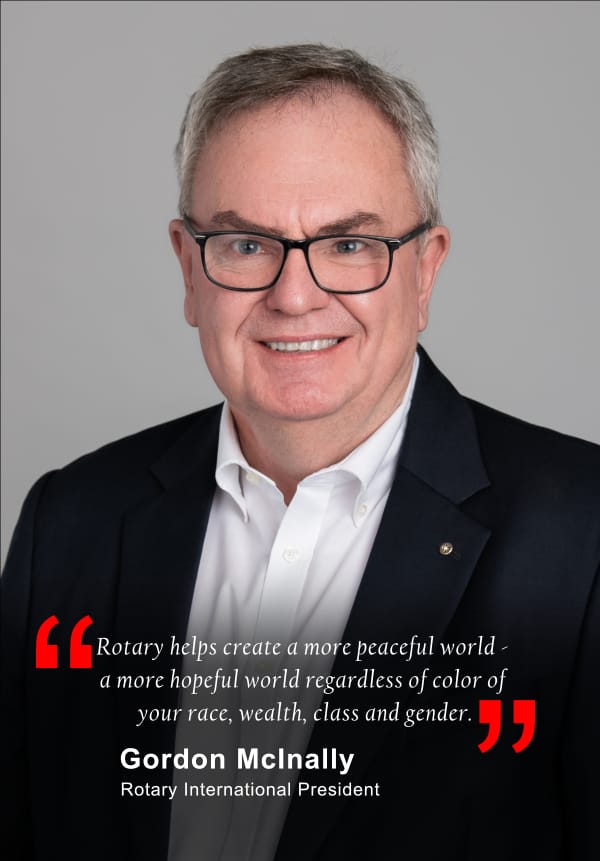Story by Constantine Alibob
A determined effort to safeguard their coastal areas and promote environmental sustainability, David Bai, a respected community elder and landowner from Alexishafen, has announced plans to plant mangroves along the offshore region.
The strategic decision to plant these vital trees is anticipated to yield numerous benefits for both the local community and the surrounding ecosystem.
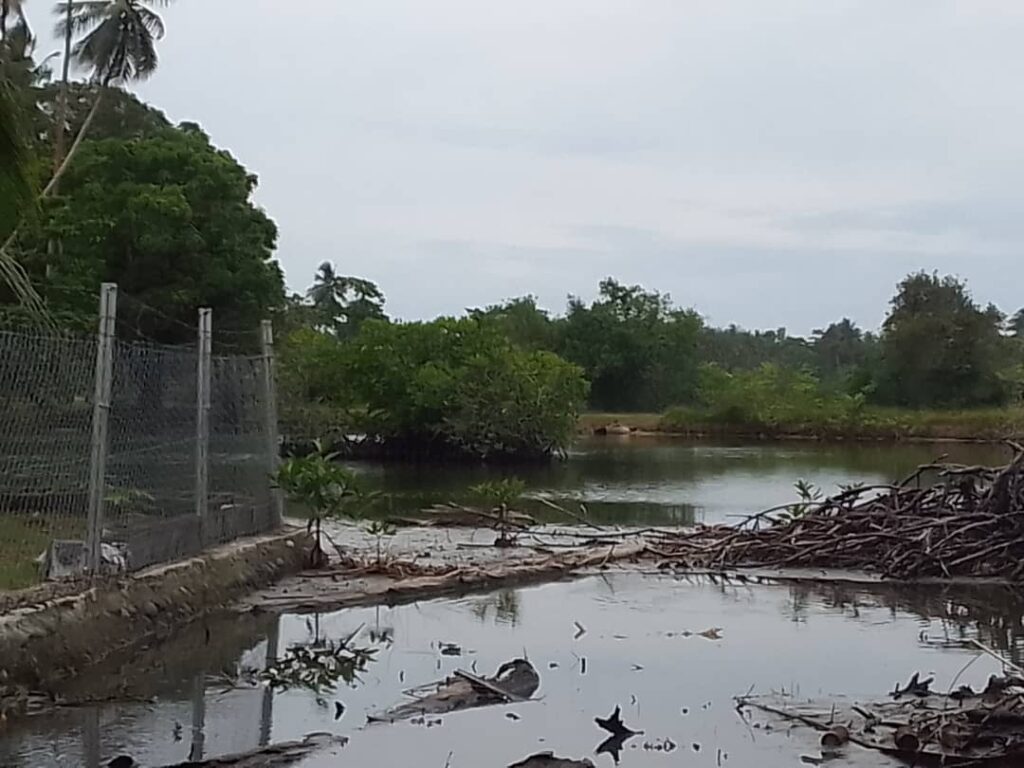
David Bai emphasized that the initiative to plant mangroves is born out of the recognition of their multifaceted advantages.
Situated along the coastal areas, the community acknowledges the significance of mangroves in preventing erosion and fostering a nurturing environment for reproduction.
He elaborated that the mangrove planting endeavour will be executed over a six-month period, with an ongoing commitment to continue this effort thereafter.
The benefits of mangroves are manifold. Notably, the decaying leaves of mangrove trees play a pivotal role in preventing soil erosion and fortifying the land.
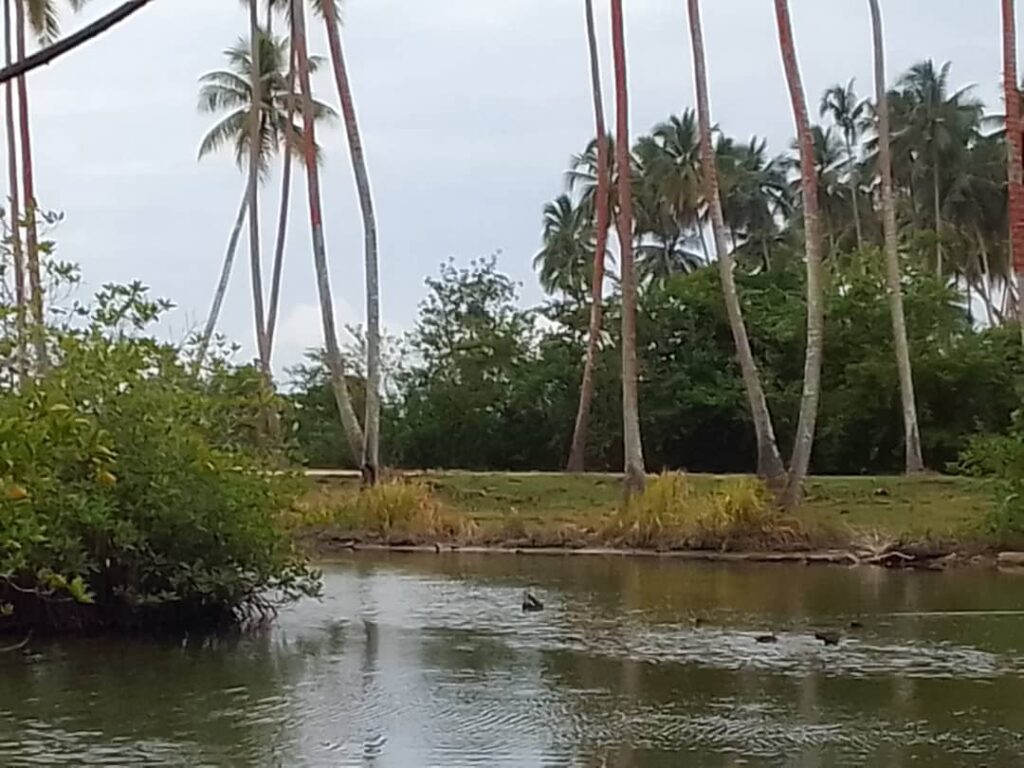
These trees also contribute to the enhancement of aquatic life by providing a suitable habitat for various species of fish and other marine life.
Moreover, mangroves serve as a reservoir for a diverse array of species such as mud shells, mud crabs, and more.
An intriguing aspect of the initiative involves the sustainable use of mature mangrove stems. These stems are selectively harvested for their exceptional strength and durability, making them an ideal material for constructing houses.
This practice not only demonstrates the resourcefulness of the community but also highlights the symbiotic relationship they maintain with their natural surroundings.
Mangroves reproduce through a fascinating process, involving the cultivation of seeds.
Presenting a seed as an example, David Bai explained, that after germinating for one or two months, these seeds are released and eventually find their way into the surrounding water bodies. While some seeds are transported by currents to distant offshore areas, others settle in their immediate vicinity.
This natural process plays a significant role in rebuilding soil quality through the decomposition of fallen leaves.
Regrettably, the flourishing mangrove ecosystem in the vicinity of Alexishafen has suffered setbacks due to pollution originating from various sources. Manufacturing companies, particularly oil spills from fishing vessels, have contributed to the decline of mangrove populations.

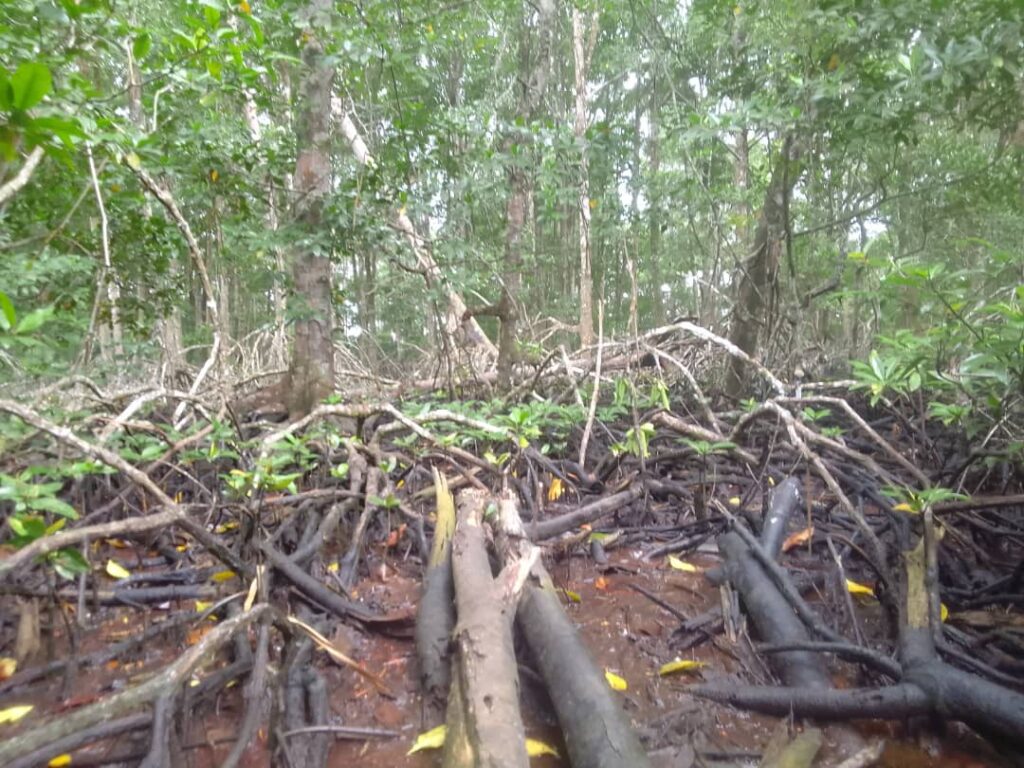
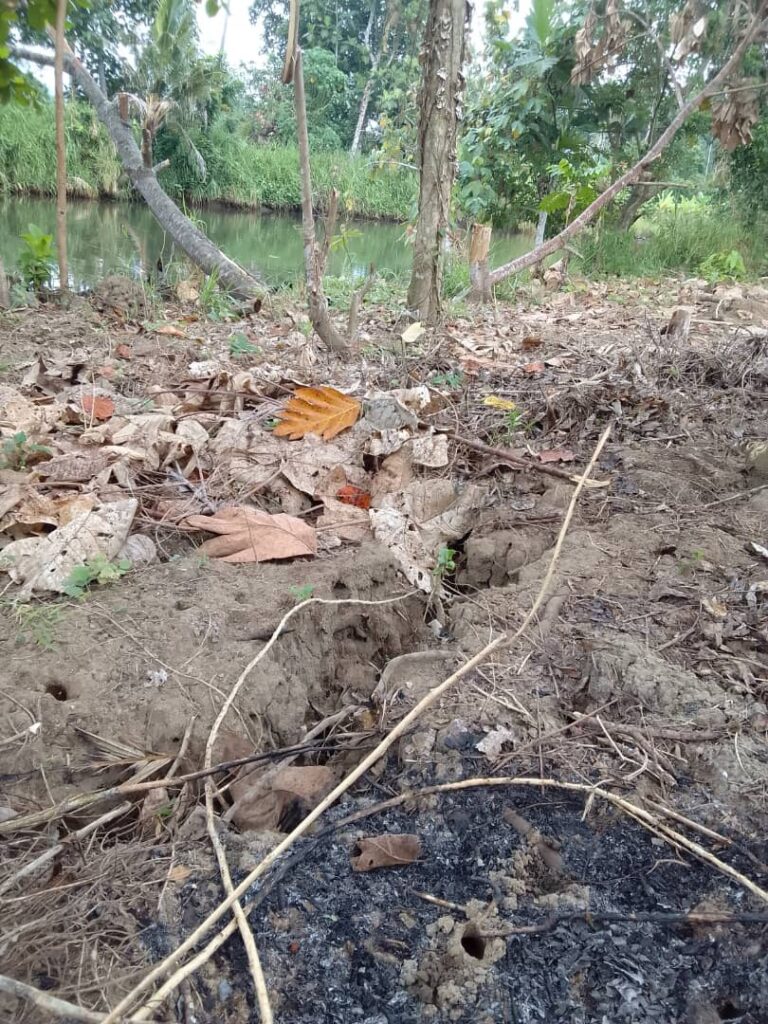
Furthermore, infections from the environment have also contributed to the diminishing numbers of these vital trees.
In cases where suitable soil conditions are lacking for optimal growth, certain mangrove species have been pushed to the brink of extinction.
The success of the mangrove planting initiative hinges upon the recognition of various soil types, including mud, sand, reefs, and other substrates that can sustain different mangrove species.
This acknowledgment underscores the community’s commitment to restoring and preserving their local environment for generations to come.
As David Bai and the community of Alexishafen embark on this transformative journey, their efforts stand as a testament to the power of collective action in preserving ecosystems, mitigating erosion, and promoting biodiversity.
Related: https://insidepng.com/from-determination-to-transformation/

